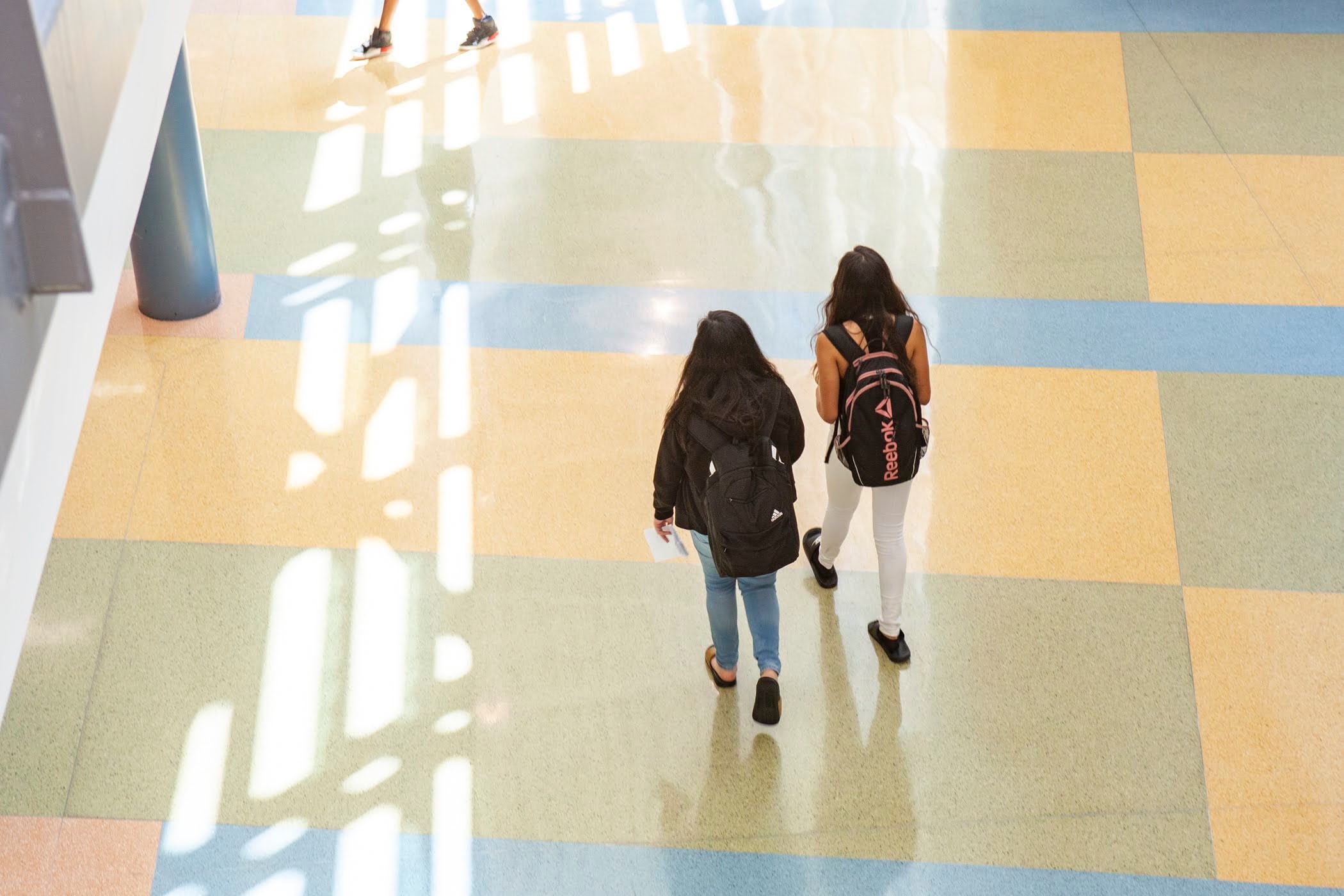Sign up for Chalkbeat Chicago’s free daily newsletter to keep up with the latest education news.
Illinois high school seniors would not be required to fill out the Free Application for Federal Student Aid, known as FAFSA, in order to graduate, under a new bill moving through the state legislature.
State law has required students to complete the FAFSA in order to graduate from high school since the beginning of the 2020-21 school year. Students not planning to go to college could fill out a waiver. But now, a proposal in the Senate would waive the requirement entirely for the current school year.
The proposal by state Sen. Dan McConchie, a Republican lawmaker representing northwest suburbs, comes months after the rocky rollout of the federal government’s “Better FAFSA”, which faced multiple challenges including a later opening date and technical issues that caused delays and uncertainty for college-bound students.
The FAFSA allows high school students to determine how much money — grants, federal student loans, or work-study funds — they might receive from the federal government. States, colleges, and universities also use the FAFSA to offer scholarships or grants to students. In Illinois, it also serves as the application for the state’s Monetary Assistance Program, or MAP grant, for students from low-income households.
The federal government rolled out a simplified version of the FAFSA, known as the Better FAFSA, in late December after months of delay. The form is usually released in October. The new application is shorter, going from 100 questions to 20.
Students who have undocumented parents were among the groups impacted by the glitches, as the application initially required students to use their parents’ Social Security numbers. The issue was later resolved in March, but left many students scrambling to complete the application.
The Illinois State Board of Education, along with the Illinois Student Assistance Commission, announced in April that high schools and districts could implement “administrative waivers” for students this year. In a weekly message on Tuesday, State Superintendent Tony Sanders asked schools to encourage students to fill out the application if possible.
“So many students do not go to college or trade school because they think they cannot afford it, without actually knowing how much aid they could qualify to receive,” said Sanders.
During the Senate education hearing Tuesday, McConchie said even though the state board said schools could provide waivers, his bill would “alleviate the administrative burden” placed on schools.
Some lawmakers raised concerns about McConchie’s proposal. Sen. Doris Turner, a Democrat representing Springfield, Decatur, and other towns in southern Illinois, was concerned that the bill would create confusion and cause guidance counselors or administrators to tell students that they do not have to fill out the application.
McConchie said the bill would only waive the graduation requirement for a year as the federal government continues to work out issues with the system.
McConchie’s proposal passed the Senate Education committee by a 10-0 vote.
Some colleges and universities have pushed back their enrollment deadlines for fall 2024 because they were not able to send out financial aid letters to students earlier in the year, according to the National Association for College Admission Counseling. College decision day is traditionally May 1.
Samantha Smylie is the state education reporter for Chalkbeat Chicago covering school districts across the state, legislation, special education and the state board of education. Contact Samantha at ssmylie@chalkbeat.org.







